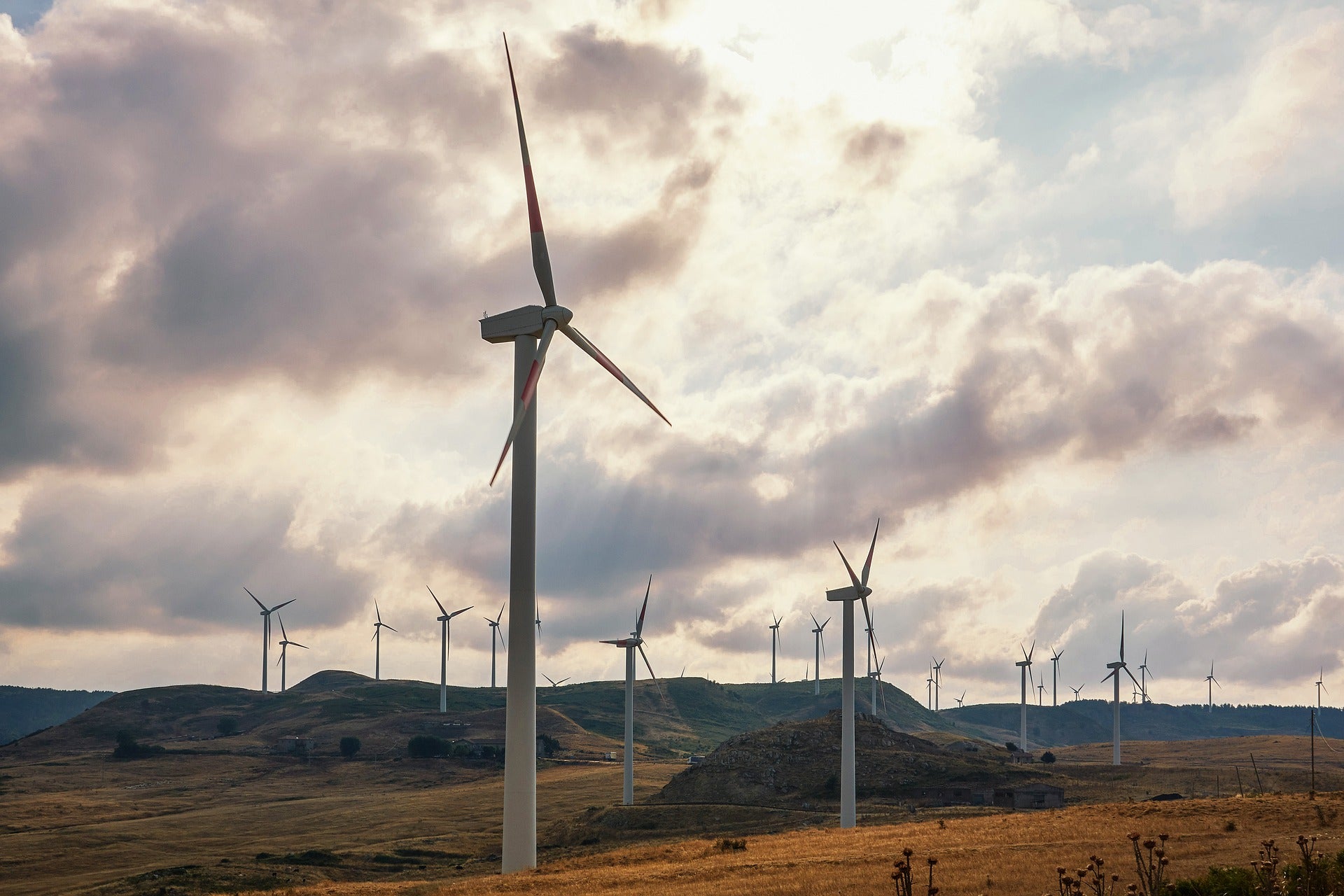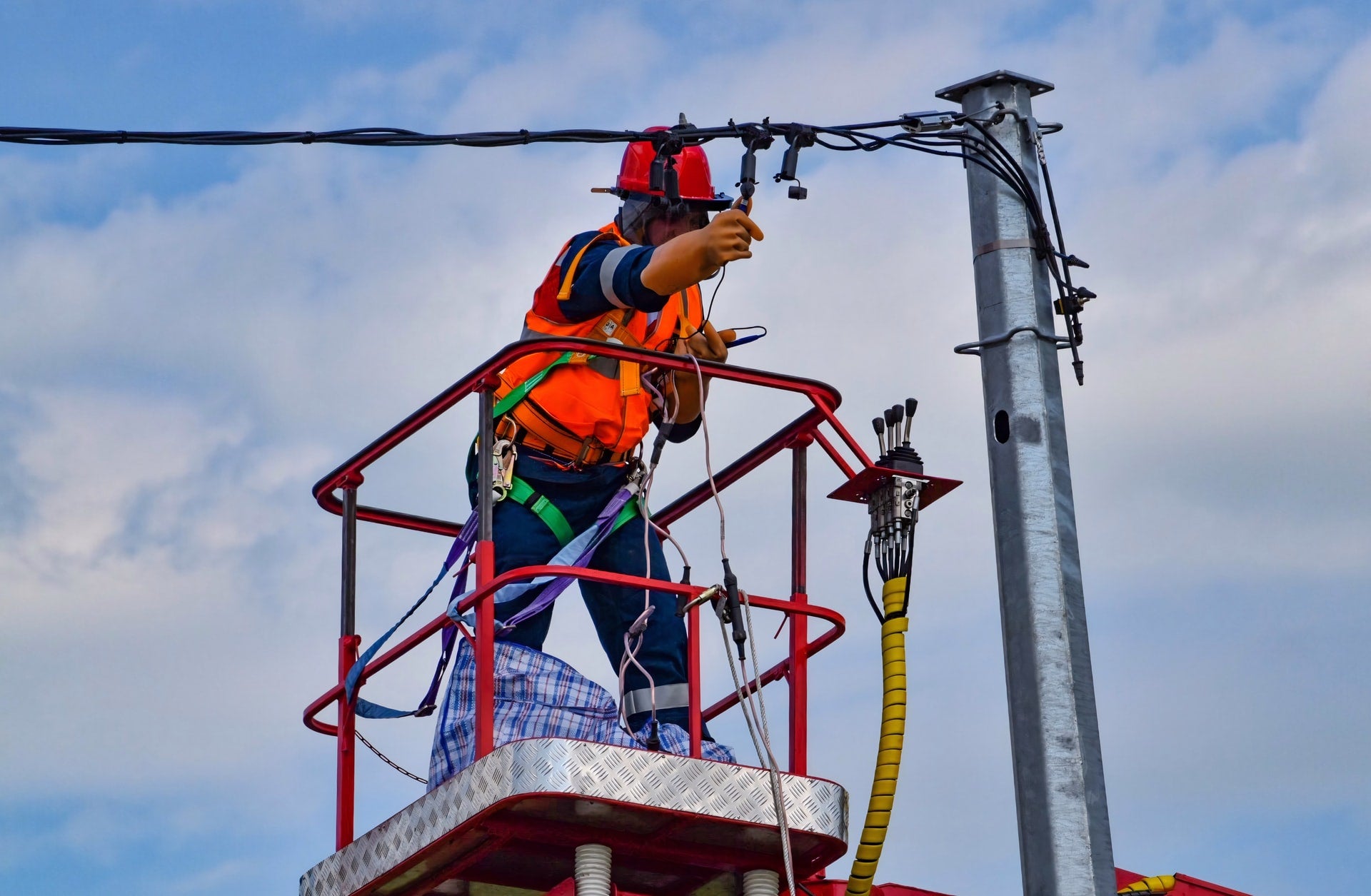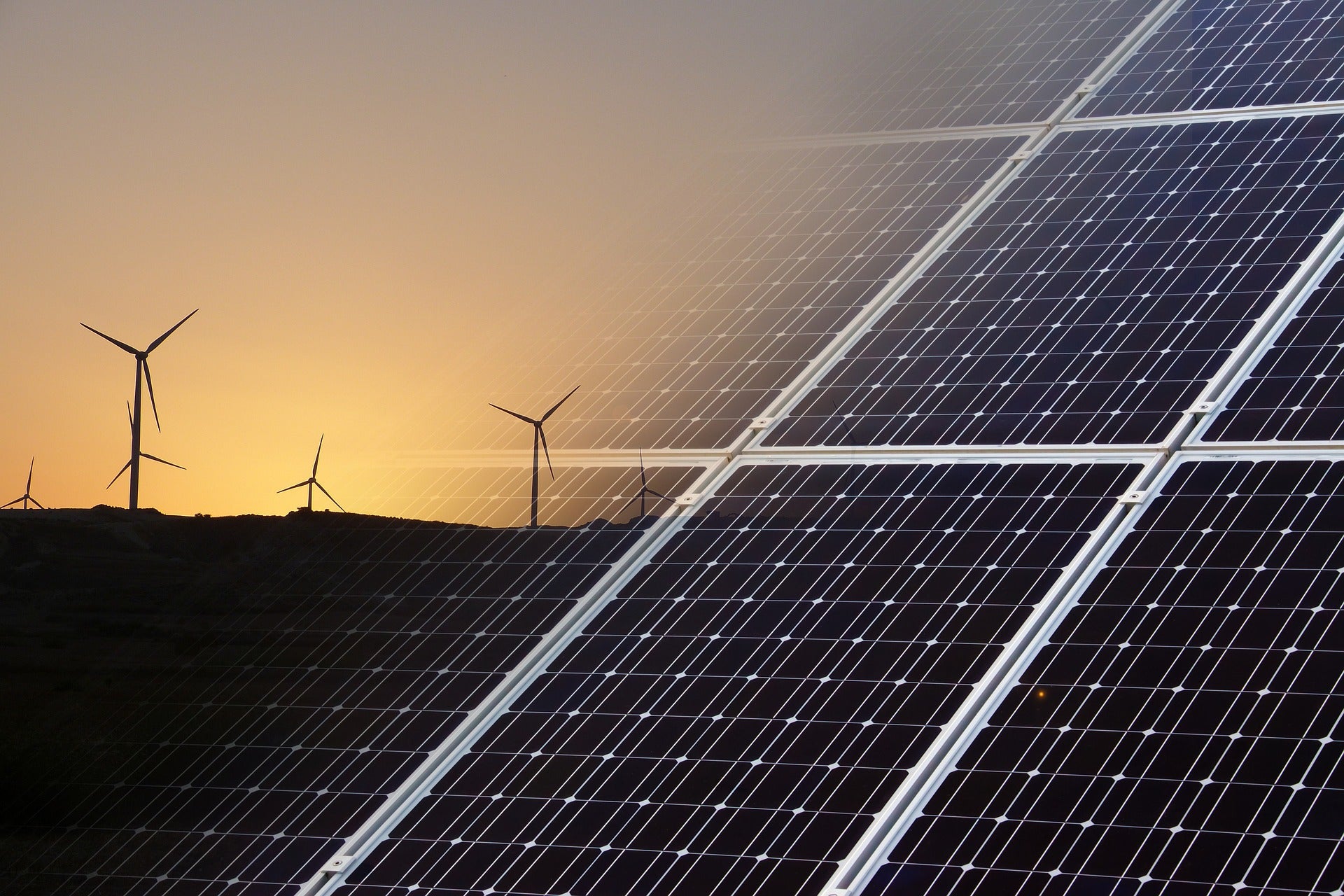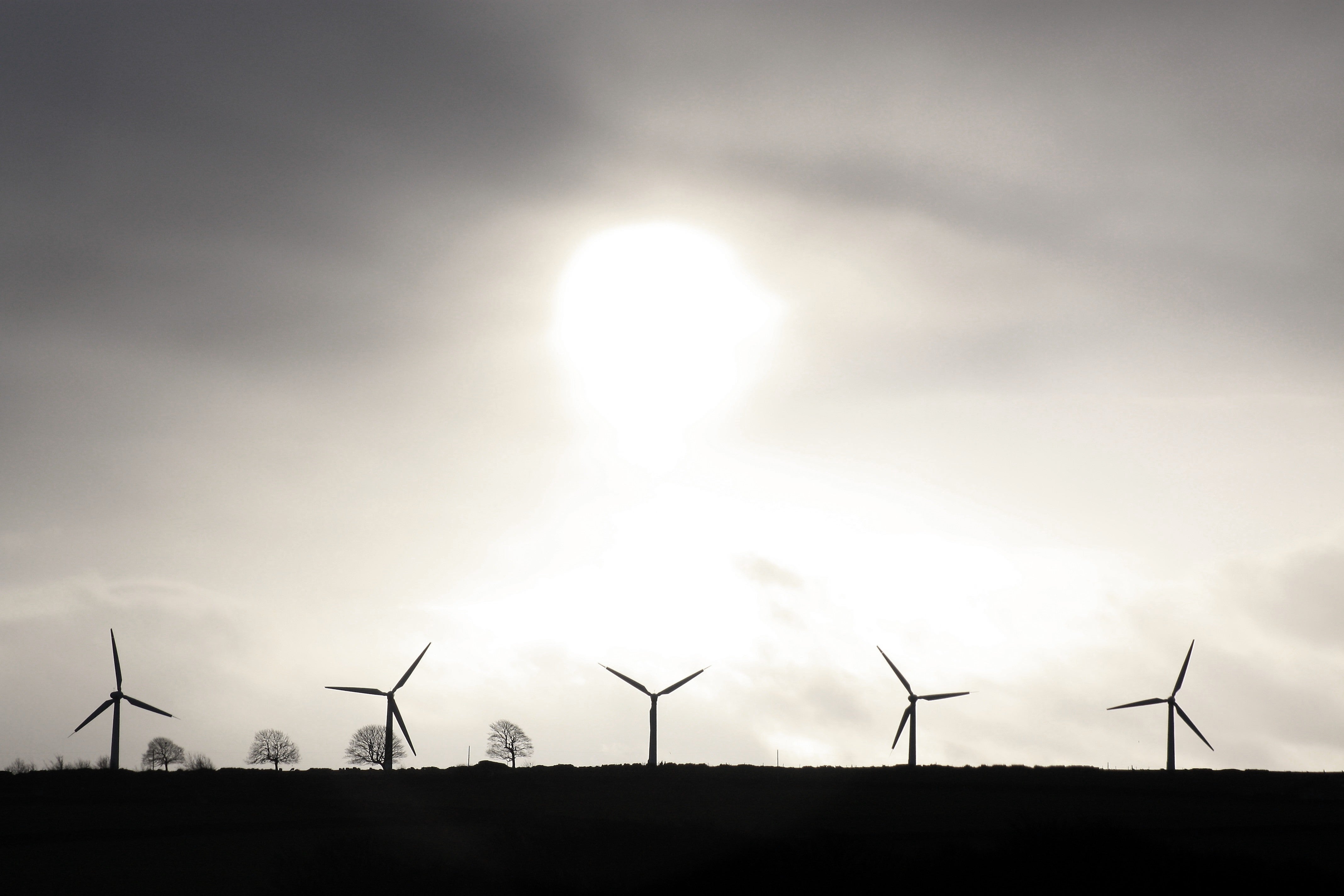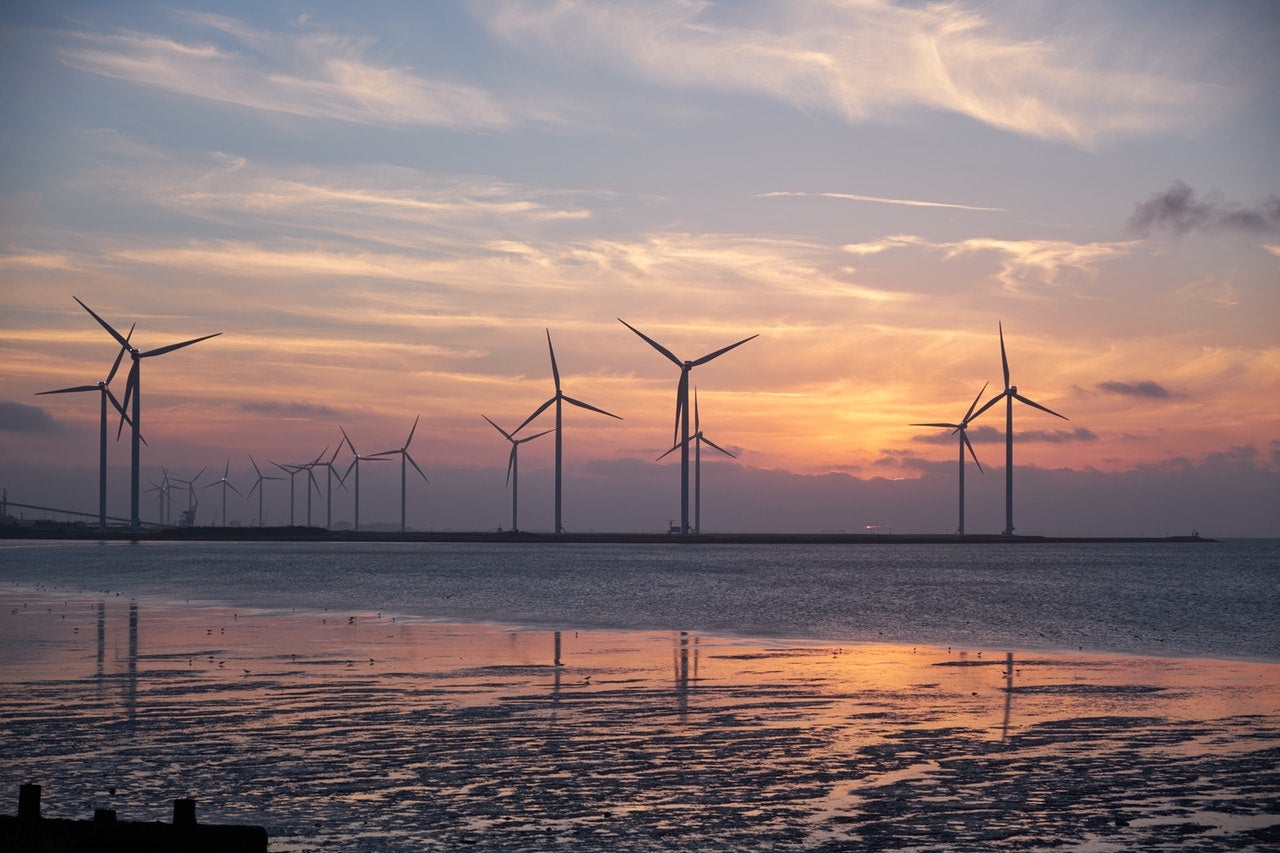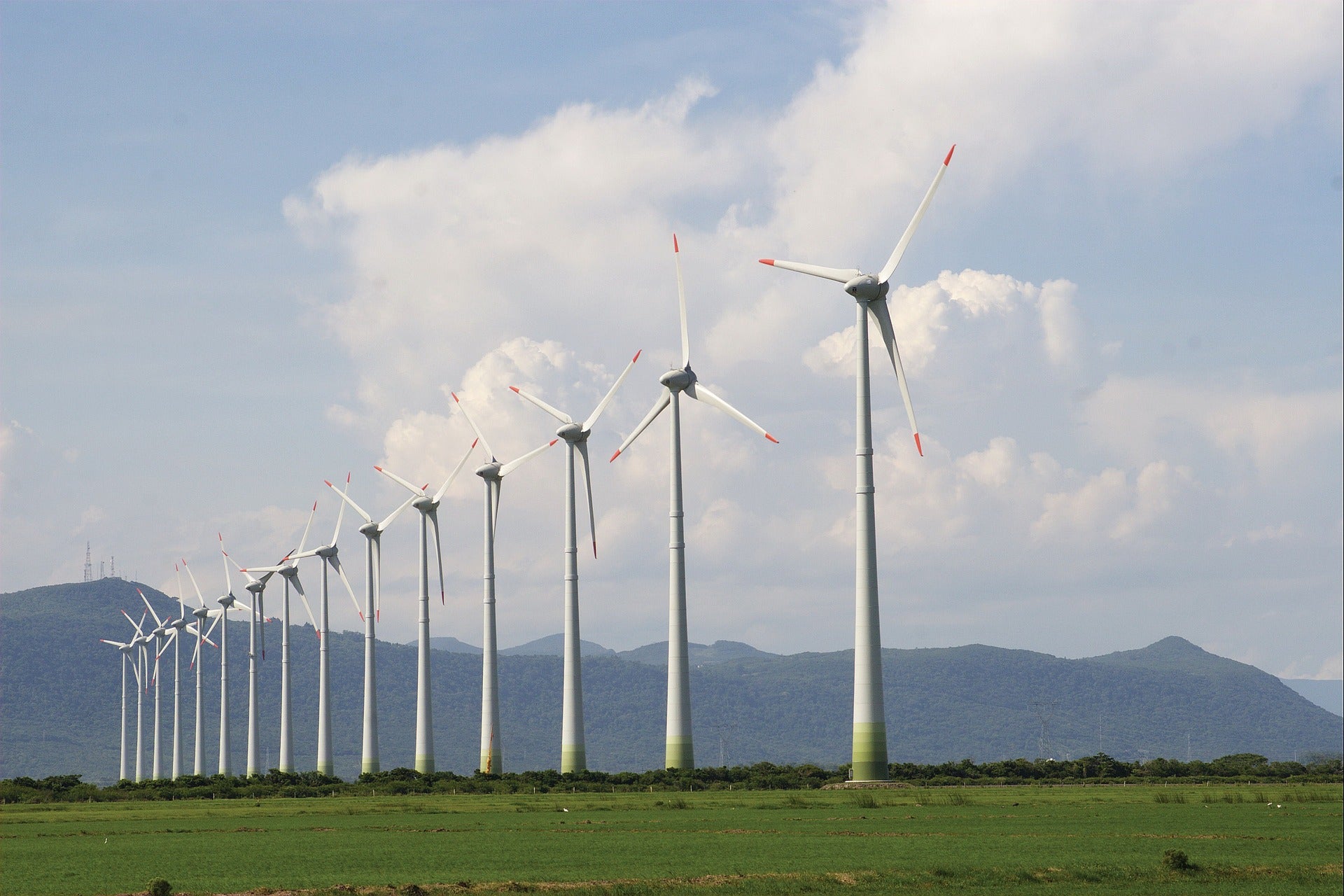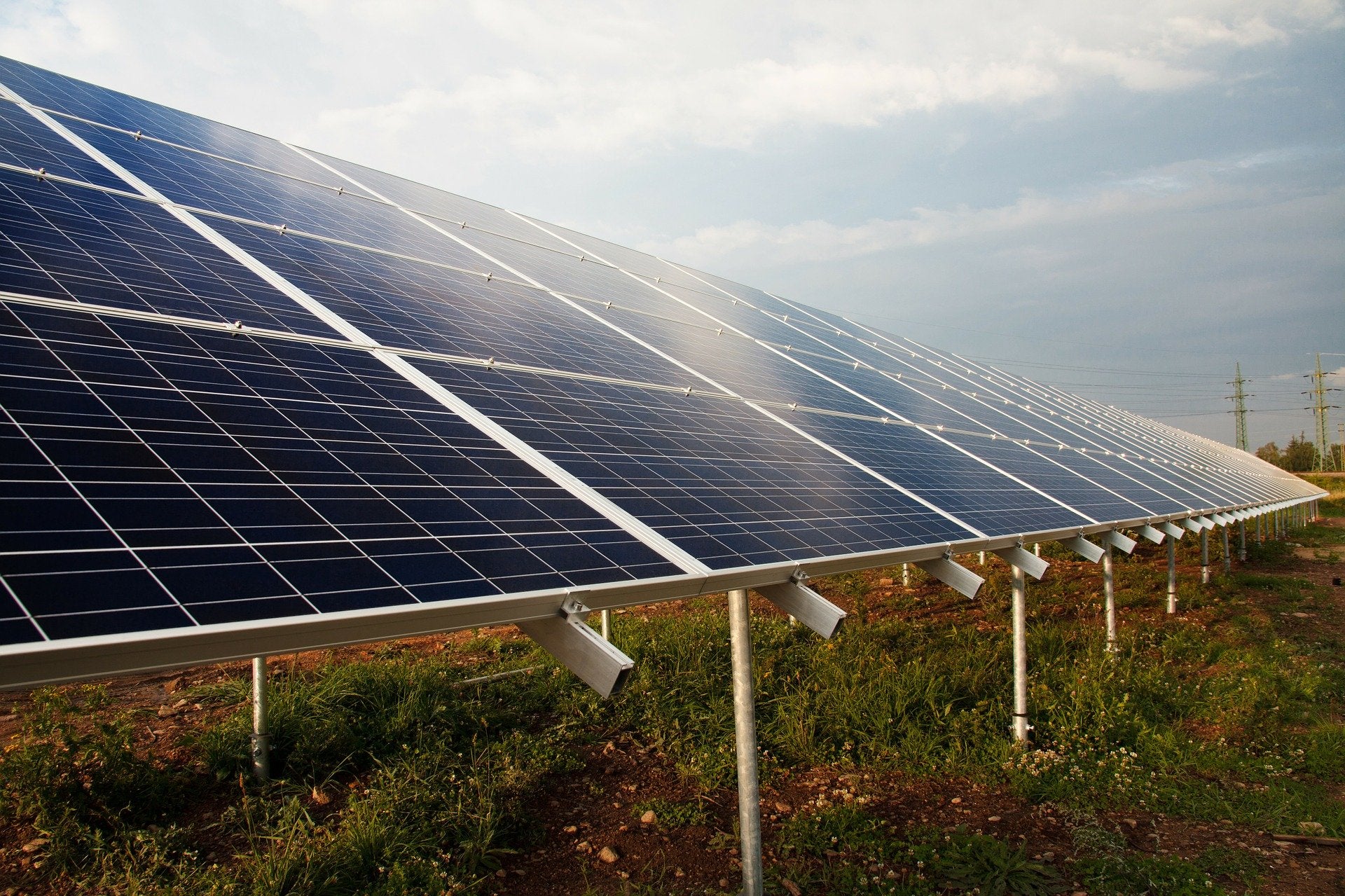Update 7/12/21 on an 80×30 Clean Energy Standard: The Clean Energy Futures team released a report analyzing the energy, economic, environmental, and health outcomes of an illustrative clean energy standard design that reaches 80% clean electricity by 2030, and offers important information on the costs and benefits of such a policy. Read now.
Update 2/18/21: Download the letter submitted to the record for the House Energy & Commerce’s Subcommittee’s hearing on “A Smarter Investment: Pathways to a Clean Energy Future.”
The Clean Energy Futures project looks at 12 electricity sector policies and quantifies the carbon dioxide emissions, costs, and air quality outcomes. The analysis can provide timely research for decision makers considering different climate policies for addressing carbon emissions from the electricity sector.
The project is a multi-institutional research initiative from the Center for Climate, Health and the Global Environment at Harvard T.H. Chan School of Public Health, Syracuse University; Resources for the Futures; and Georgia Institute of Technology.
Excerpt from Clean Energy Futures at Syracuse University
Key Insights
- Clean energy policies that reach low or zero carbon emissions in the electricity sector by 2040 to 2050 are achievable at a cost of about 15% above baseline and generate climate and health benefits that far exceed the moderate policy costs.
- By comparison, the existing Affordable Clean Energy rule from the U.S. Environmental Protection Agency, does little to address carbon dioxide emissions nationally and is projected to increase carbon and co-pollutant emissions in many states.
- National policy design matters to the timing and magnitude of carbon emissions reductions, costs, and air quality in individual states.
What’s at Stake?
- Internationally, electricity sector policy will determine whether the U.S. gets back on track to meet its original commitment under the Paris Climate Agreement.
- Nationally, electricity sector policy will define the nation’s energy technology pathway of the future, the timeline for decarbonization, the cost of electricity to consumers, and national emissions outcomes.
- For states, electricity sector policy will influence their ability to achieve GHG-reduction and air quality goals.
- Locally, national electricity sector policy will perpetuate or help alleviate longstanding inequalities in exposure to air pollution.
For more information about the Clean Energy Futures project, research approach, and next steps, visit http://cleanenergyfutures.syr.edu/
Related media
- Trump’s EPA rewrote the rules on air, water energy. Now voters face a choice on climate change issues (USA Today)

